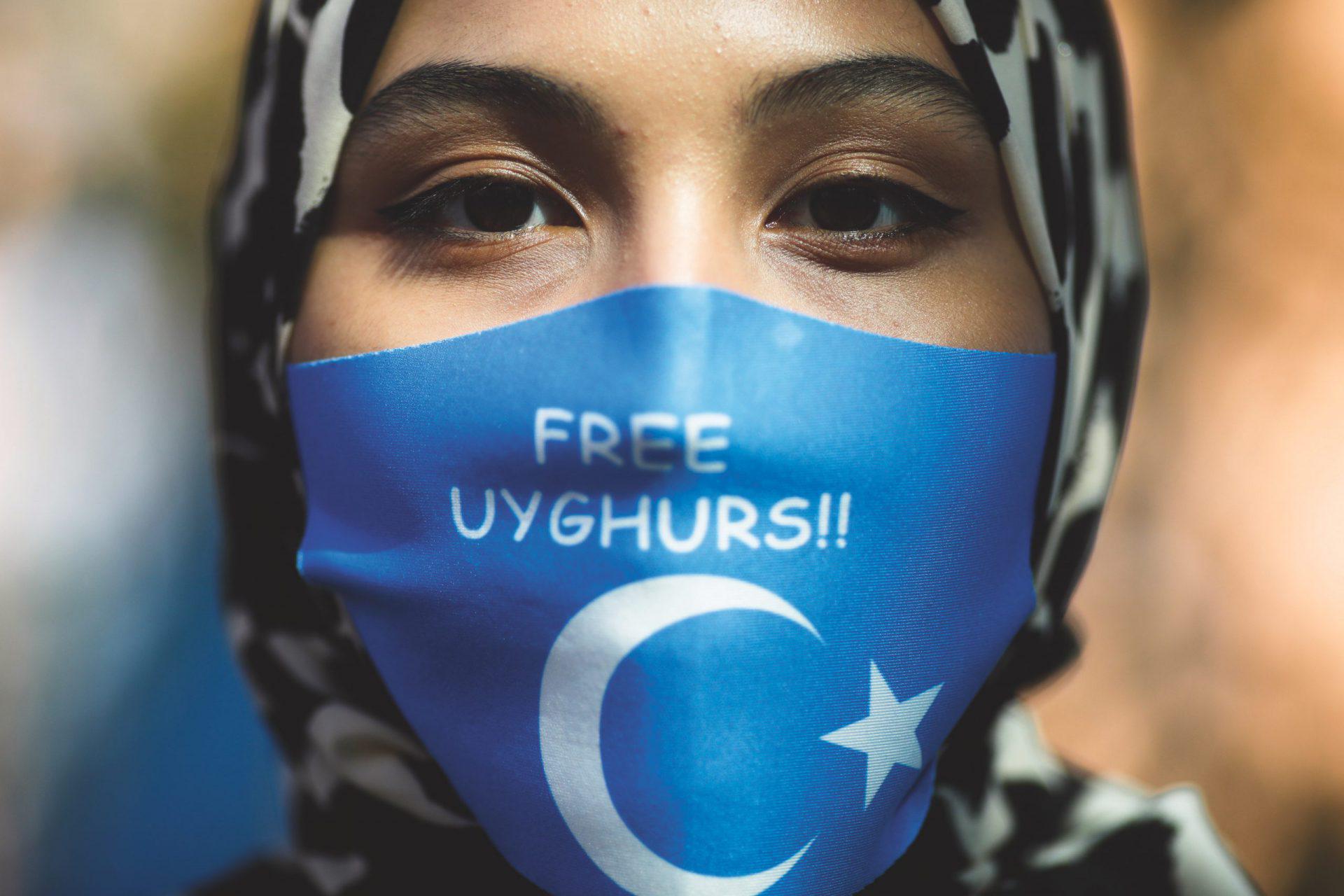World Uyghur Congress calls for global action against China’s human rights abuses
The World Uyghur Congress (WUC) recently marked its 20th anniversary with a set of events highlighting the struggles of the Uyghur community in China. The set of events brought to light the repressive practices deployed by the Chinese Communist Party (CCP) in Xinjiang and called for international action against the CCP’s detrimental human rights abuses. The event held in Munich, Germany from 3rd to 6th May 2024, also presented an occasion to human-rights activists, scholars and other stakeholders to bring forward the call for Uyghur rights and justice in light of Chinese oppressions.
Established in Munich in 2004, the WUC has attempted to represent the voices of the Uyghur people and aims to perform the duty of advocating against the immense challenges faced by the Uyghur community in China. The 20th anniversary celebrations in Munich featured diverse activities such as panel discussions, cultural events, and musical performances, paying tribute to Uyghur resilience and affirming the global community’s commitment to freedom and human rights. With over 300 participants from over 25 countries, the events spanning over four days aimed to cultivate solidarity and collective action in support of the Uyghur community’s pursuit of justice and freedom.
The four-day event featured discussions on pressing issues including genocide prevention, and the role of Uyghur women in advancing the cause for justice. These discussions underscored the resilience of the Uyghur community and concluded with a call for solidarity and determination to continue the fight.
Furthermore, amidst the event that highlighted the struggle against Chinese totalitarian rule in Xinjiang, the WUC also took a stand against Chinese President Xi Jinping’s visit to Europe. The group urged France’s President Emmanuel Macron to address human rights abuses and called for greater cooperation from the French government in mitigating against Chinese oppressive tactics. A protest was also organized in front of the Chinese Consulate in Munich to echo similar discontents.
The conference also brought to light a staggering report by the Uyghur Human Rights Project, that revealed alarming statistics on Uyghur incarceration rates. The report highlighted that with about 578,500 Uyghurs imprisoned, the community made up over one-third of total prisoners in Chinese jails. The report also outlined the cases of prominent individuals such as Rahile Dawut and Gulshan Abbas who were unjustly imprisoned for their efforts to protect Uyghur culture.
Moreover, the WUC also called for action to challenge the UK’s decision to allow forced labour cotton imports from China. Furthermore, as part of the conference agenda, the group also provided a platform to Tibetan refuges in exile, granting them the opportunity to express the suppression of Tibetans in China. These discussions too sought prosecution against genocide and crimes against humanity cases taking place in China against the minority cultures.
The four-day conference also discussed the recent investigation by the bipartisan United States Select Committee on the CCP’s Uyghur genocide. The investigation found that major U.S. financial institutions, including MSCI and BlackRock, have channelled more than $6.5 billion into 63 Chinese companies involved in China’s military expansion and human rights violations against the Uyghur population. These investments have been linked to the development of technologies used to perpetrate the Uyghur genocide.
The report brought to notice the need for congressional intervention to address this concerning trend. It proposed imposing limitations on investments in blacklisted Chinese companies and advocating for stricter disclosure requirements for U.S. firms operating in China. By imposing such limitations and requirements, policymakers would be preventing unwitting support for companies engaged in human rights abuses against the Uyghurs. Furthermore, the report also emphasized on the importance of enhancing the resilience of the U.S. financial system against potential market volatility resulting from investments in Chinese companies implicated in such egregious violations.
Thus, the 20th anniversary event of the World Uyghur Congress successfully highlighted the ongoing struggle for Uyghur rights and justice, while also shedding light on the urgent need for international action to address human rights abuses and hold the CCP and its affiliates accountable for their inhumane crimes. The international attention brought through the conference was commended well among human right activists, deeming it a significant step in securing justice for those prosecuted unjustly by the CCP













